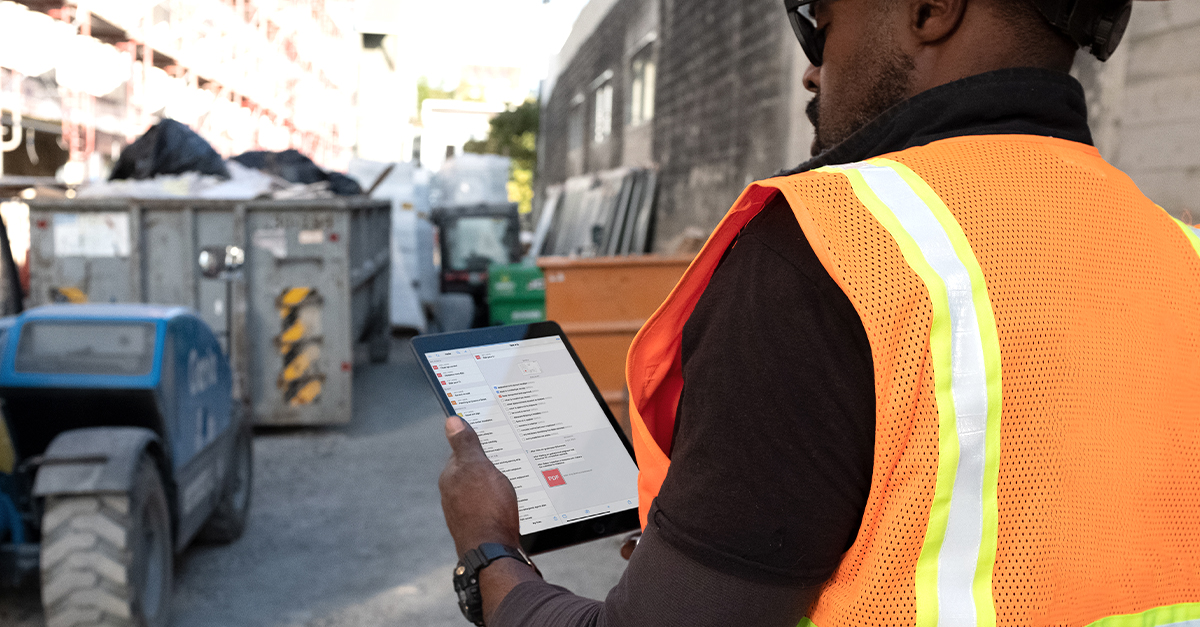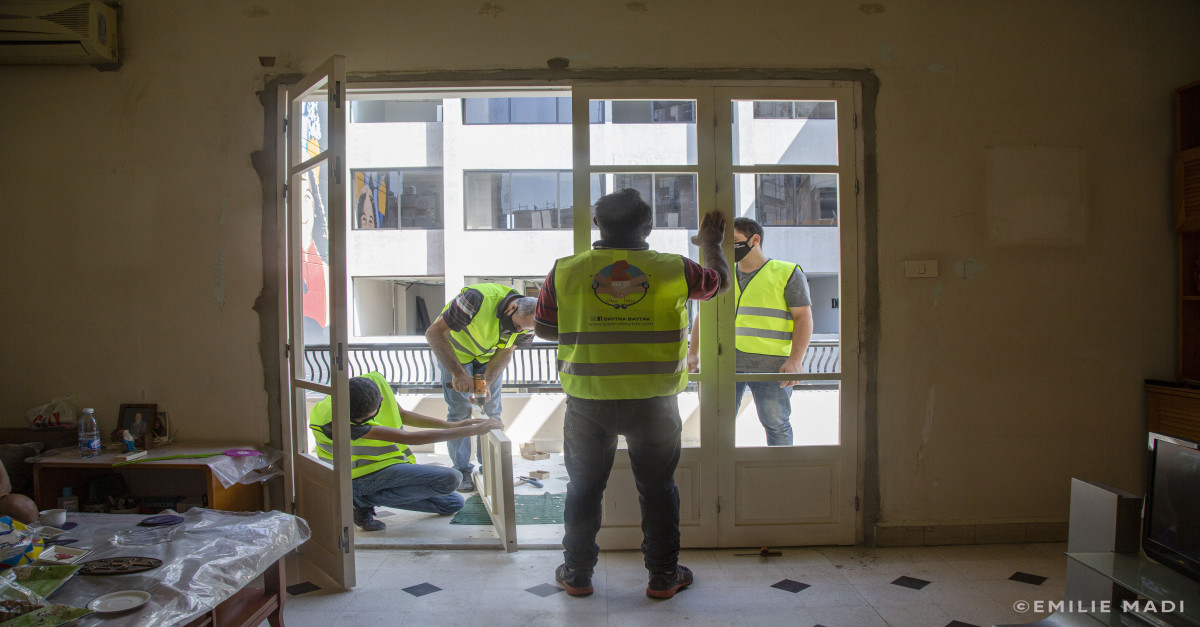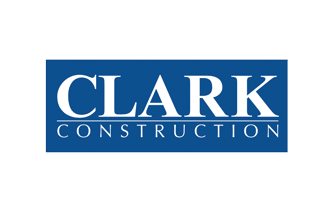Women in Construction: Daveda Morris, RPM Door & Services

Just 9% of America’s construction workers are women. And as employment of construction workers is projected to grow by double-digits through the next decade, we need construction companies to recruit and retain more skilled female construction professionals. That’s why Fieldwire is profiling amazing women working in the industry — women like Daveda Morris of RPM Door & Services.
Daveda is RPM's CFO, coordinating and scheduling the company's jobs as well as doing inspections.
What is your role at RPM Door & Services?
I’m sort of a jack-of-all-trades. I run the office and I’m also the CFO. I handle all incoming jobs, the PMing of the jobs, the scheduling of the jobs, the technicians’ schedules, part orders, inventory, quotes, and inspections — scheduling and doing inspections. I’m included in the crew that inspects hospital doors. I also manage the company’s payroll and all finances.
Generally, about fifty percent of our work is for hospitals. We service hospitals all over the Dallas-Fort Worth area — Plano, Fort Worth, Dallas, Denton. Hospitals have always been one of our biggest clients. With them, there’s always a sense of urgency. They have strict codes and if something’s malfunctioning it has to be repaired ASAP. We also handle quite a bit of new installs of dock and door equipment at distribution centers.
What’s a typical day of work look like for you?
On a typical day I have to check the previous day’s schedule — what work was performed, if they finished or need something else like parts or a quote for the customer. I look at the previous day’s board and go through all the jobs and figure out what needs to be done and then proceed — invoice completed jobs, order parts, or generate quotes. I also handle all incoming service or quote requests, customer service, check in material that has been delivered and tag it with whatever job it is for and then get that on schedule.
What’s the favorite part of your job?
The paperwork. I’m very organized and I’m good at multi-tasking. I’m involved on our jobs from start to finish. I create the job, dispatch the job, manage the odds and ends on a daily basis with the job and work that is being performed, update the customer with progress, close the job, and invoice it.
What’s a challenge you face as a woman in construction?
The biggest challenge is not being taken seriously. If I’m meeting with someone new — a new customer, a GC we’re working with, or a salesman — they automatically think I do not know what I’m talking about.
It was actually the most difficult with technicians. When I first started working for my husband's company and took over the project managing of the jobs and schedules, I had the hardest time getting our technicians to contact me for anything.
I’ve even had someone walk into my office wanting to talk about a part for their dock leveler and legitimately ask me if there was a man he could talk to.
I overcome this by, well— I don’t take it. A lot of time I’ll be talked down to in a condescending way. When this happens, I just tell them that I can help them with whatever their issue is. They will ask me their question and it is always vindicating when I can answer it without having to go and ask someone else. It calms any tension down quickly and nips it in the bud when they get what they’re looking for. It’s not exactly like an apology, but the tone changes and I am taken seriously from that point on.
Not that it’s not infuriating — it definitely is. It doesn’t happen as often anymore. I build a rapport with my customers, so a lot of them will now call and ask me their questions. Once you get your foot in the door, you don’t get that lack of respect.
What’s one piece of helpful advice you’ve received?
When I first started in this industry, I was one of two women in the office of about 17-20 gentlemen. I was trained by another woman for a very short time until she left the company unexpectantly and then it was just me, on my own. It’s been trial and error, for sure.
Do you have a mentor?
My go-to would be my husband. If I have questions, need direction or another pair of eyes to assess a situation, or if there’s a certain way a quote needs to be sent to a customer or another option as far as repair or service, I’ll get his opinion. He’s more on the technical side and has been doing this for over 20 years. He has so much knowledge.
Do you mentor anyone? If so, how?
We just hired an assistant. She’s learning the ropes. One of the things I told her is that it may seem overwhelming now, but it’s about repetition. We revolve around the same types of equipment and services and you’ll get familiar very fast while still learning something new every day.
Any advice for other women in construction?
Stand your ground. It’s easy to be made to feel than you’re worth less than you are, and that you’re not respected. But as long as you’re confident in what you’re doing and you do not ever give up, you’re going to go far. Keep your head held high.


 Matt Schneiderman •
Matt Schneiderman • 
















